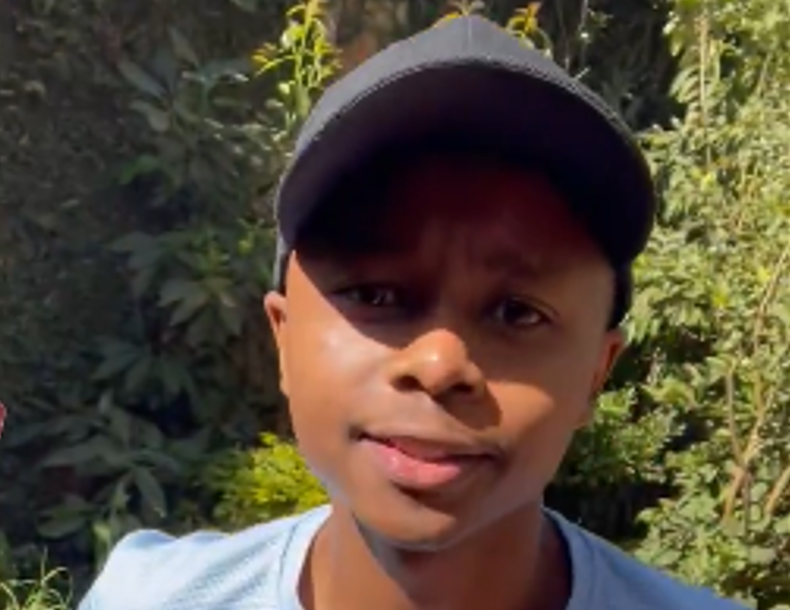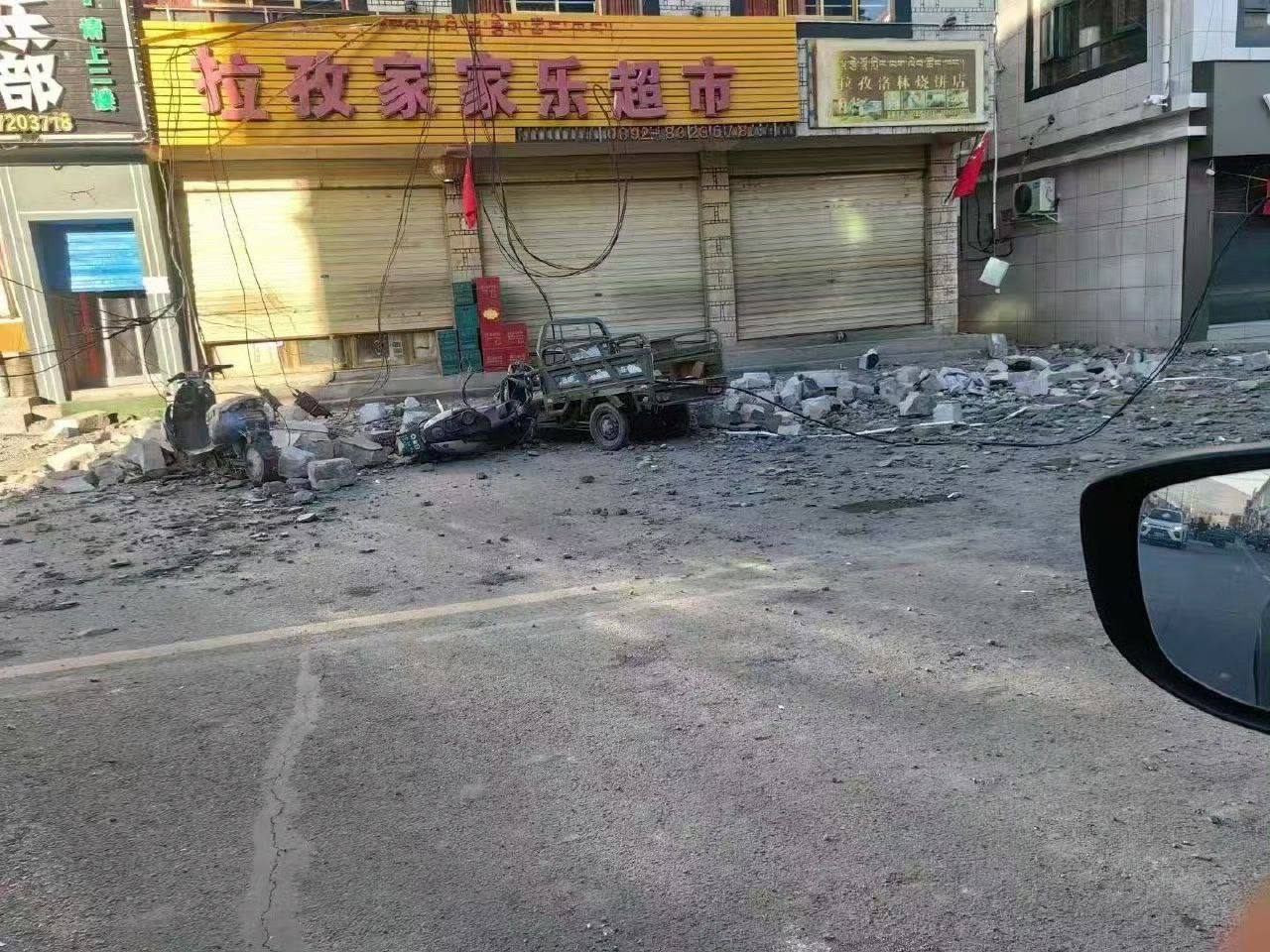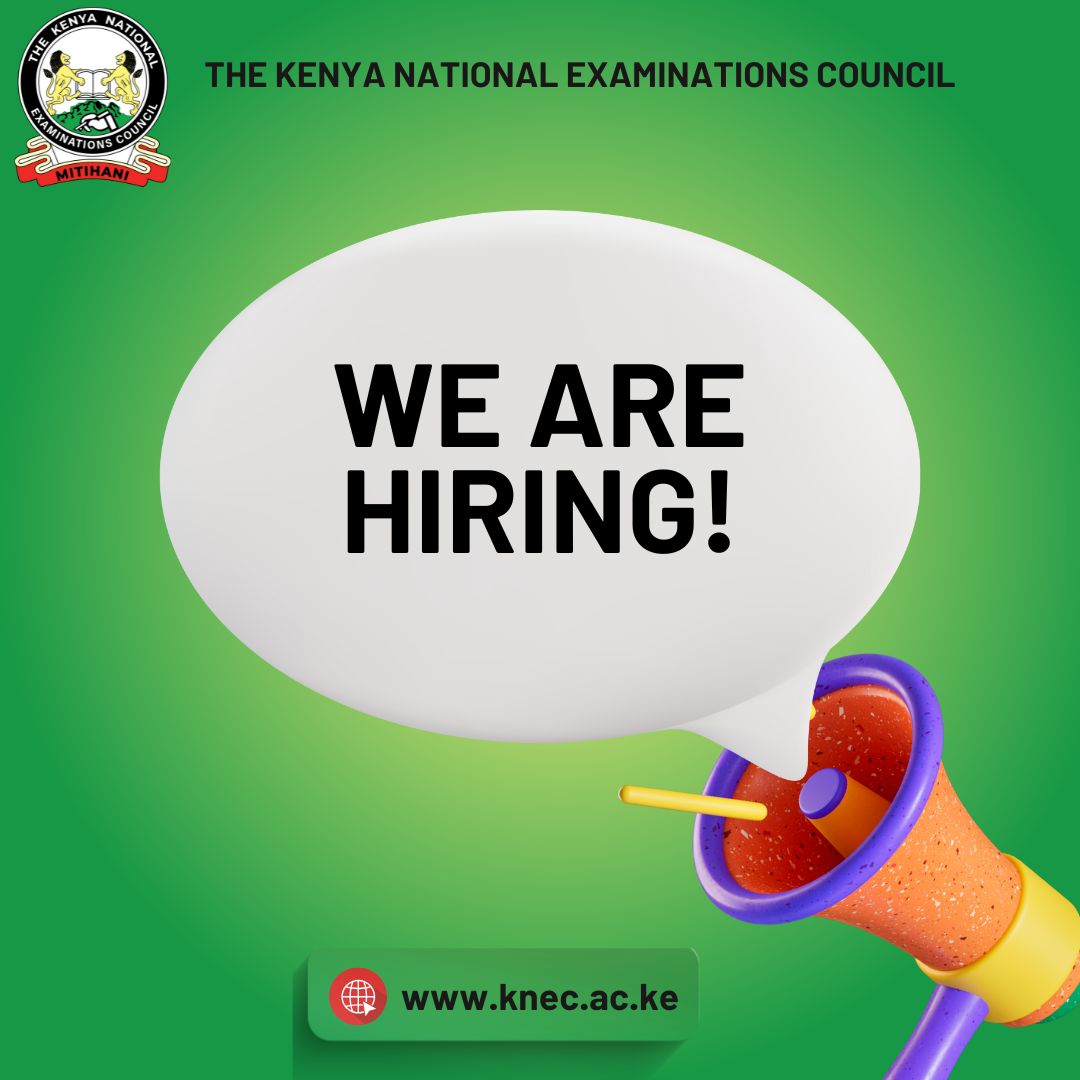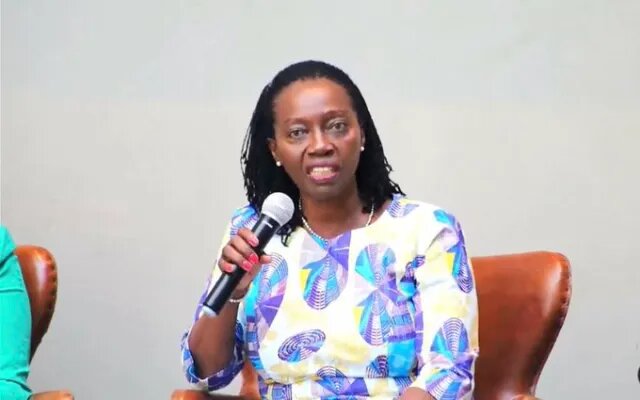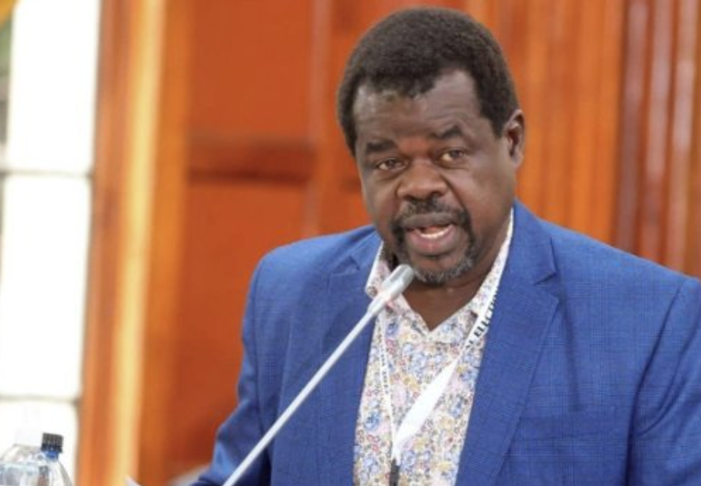The President of Haiti Jovenel Moise has been assassinated in a nighttime raid on his private residence in the hills above Port-au-Prince, according to the prime minister.
A group of ‘foreigners’, some of whom spoke English and Spanish, broke into Mr Moise’s home at around 1 am on Wednesday, PM Claude Joseph said in a statement.
The 53-year-old was shot dead and the First Lady Martine, 47, was also injured in the attack, Mr Joseph wrote as he condemned the ‘hateful, inhumane and barbaric act.’
Mr Joseph said he had taken charge of the country and the police and armed forces were taking ‘all measures to guarantee the continuity of the State and protect the Nation.’
It comes after Mr Moise claimed police had foiled an assassination plot in February amid massive protests in the country over claims the president was acting like a dictator and refusing to hold elections.
‘There was an attempt on my life,’ Mr Moise said in a national address at the time. ‘I thank my head of security at the palace. The goal of these people was to make an attempt on my life. That plan was aborted.’
Haiti has been plagued by political turmoil which saw hundreds rioting in the capital earlier this year to demand that Mr Moise step down and hold elections.
The Moise administration was also accused of financial impropriety over his decision to axe fuel subsidies.
In an interview last year, Mr Moise defended himself against allegations of corruption and that he was turning the country into a dictatorship.
‘We’re trying to find a solution to this crisis. I’m not the first president to rule by decree. And I’m confident that the answer is around the corner; then the legislature will be put in place to play its role,’ he told The Telegraph.
Opponents argue he should have stepped down on February 7 and failed to hold elections last year as his term was coming to an end.
Swathes of the population deemed his rule illegitimate, and he churned through a series of seven prime ministers in four years. Most recently, Mr Joseph was supposed to be replaced this week after only three months in the post.
In addition to presidential, legislative and local elections, Haiti was due to have a constitutional referendum in September after it was twice postponed due to the coronavirus pandemic.
Supported by Mr Moise, the text of the constitutional reform, aimed at strengthening the executive branch, has been overwhelmingly rejected by the opposition and many civil society organisations.
The constitution currently in force was written in 1987 after the fall of the Duvalier dictatorship and declares that ‘any popular consultation aimed at modifying the Constitution by referendum is formally prohibited.’
Critics had also claimed it was impossible to organise a poll, given the general insecurity in the country.
In addition to the political crisis, kidnappings for ransom have surged in recent months, further reflecting the growing influence of armed gangs in the Caribbean nation.
The Caribbean island has suffered poverty and political instability for decades and has struggled to rebuild in the wake of a devastating earthquake in 2010 and Hurricane Matthew in 2016.






